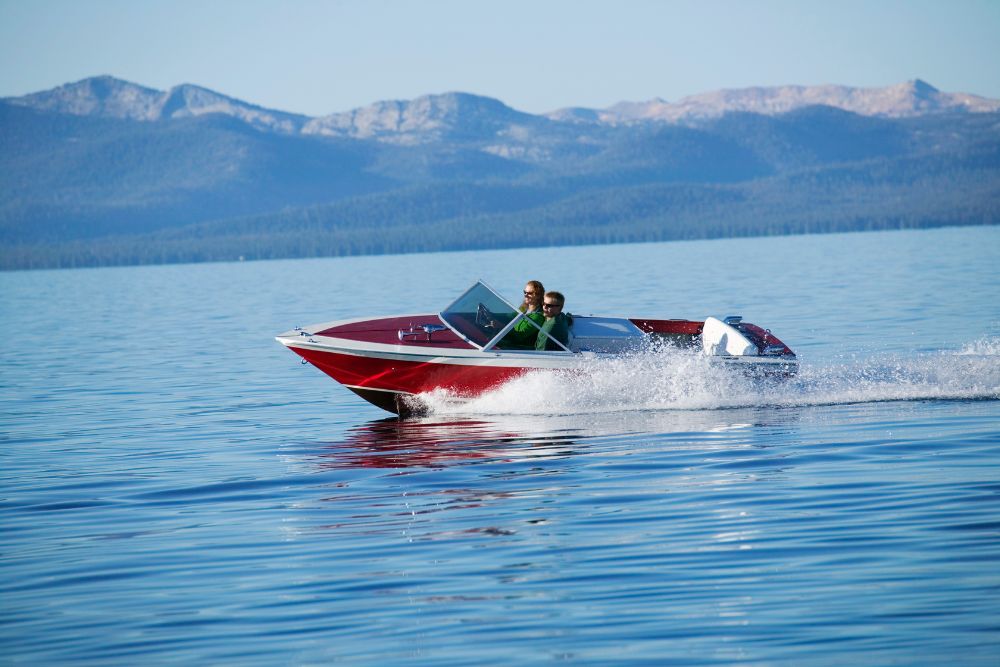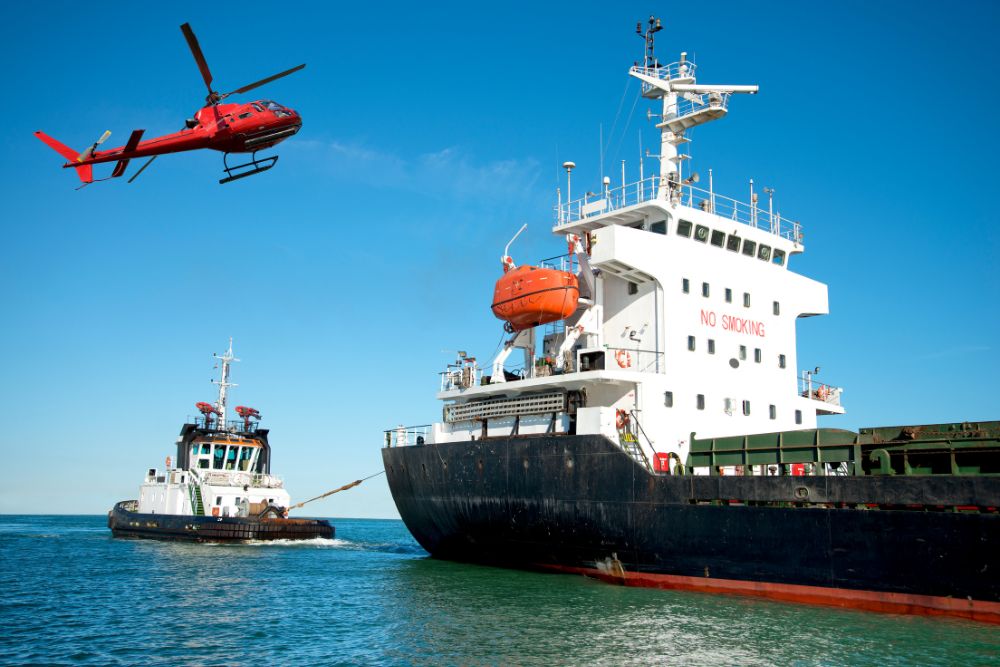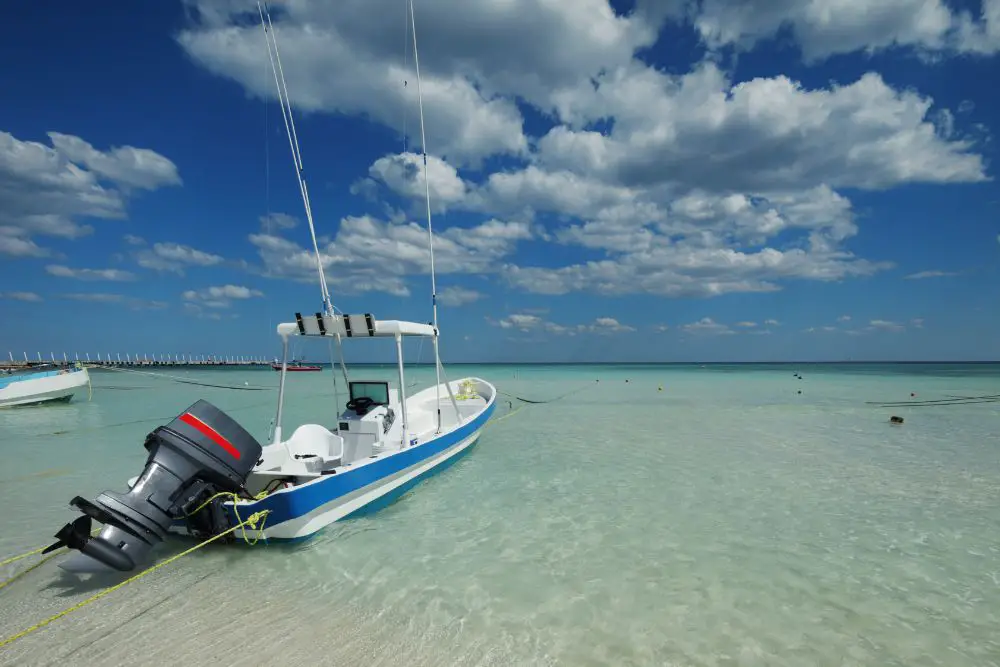No one wants to get into a boat collision. Although it may seem like a rare occurrence, it happens more often than you might think. In fact, the U.S. Coast Guard reports that there are over 4,000 boat collisions each year. So, what can you do to avoid being involved in a collision? Here are some tips:
Staying Alert
The first and most important tip is always to stay alert while you’re driving or operating your boat. This means being aware of your surroundings and keeping an eye out for other boats in the area. By remaining alert, you can not only keep yourself safe but also the individuals on the other boats. If you’re feeling tired or sleepy, it’s best to hand over the reins to someone else.
Follow the Rules of Navigation
There are rules of navigation that all boaters should follow in order to ensure safe passage. These rules are in place to help keep all boats safe while on the water. One of the most important rules is the requirement of using lights on the boat while it’s dark outside. This allows other boats to see you and will help them avoid running into you.
Another rule of navigation that helps keep all boats on the water safe is the requirement of having radar and radio. These two things will help you stay aware of what’s happening around you and allow you to communicate with other boats if necessary.

Have a Lookout
Another thing you can do to avoid colliding with another boat is to have a lookout. Having a lookout allows the individual driving the boat to remain alert and aware of their surroundings. This extra set of eyes will help spot any potential hazards, including other boats, and will help avoid any accidents. The driver must remain aware and focused so they can react quickly if necessary.
Maintain a Safe Speed
One of the best ways to avoid a collision is to maintain a safe speed. This way, you’ll have more time to react if you see another boat coming toward you. It’s also important to keep in mind that your boat’s length and draft (the depth of water it needs) will affect how quickly you can stop.
Most boating accidents happen close to shore, within two miles of land, and involve collisions with other boats or objects. Seventy percent of fatal boating accidents occur from May through September.
According to the U.S. Coast Guard, speed is the leading contributing factor in boating accidents. If you’re driving too fast, you won’t have time to react if someone else is coming toward you.
Other Suggestions to Ensure Safety
In addition to staying alert, following the rules of navigation, having a lookout, and maintaining a safe speed, you can do other things to ensure safety on the water. For example, avoid crowded areas, Practice defensive driving, know your vessel’s limitations, consider weather conditions, and don’t drink and drive.
Be Cautious When Making Turns
One of the most common causes of boat collisions is when one vessel attempts to make a turn and crosses the path of another vessel that is on a steady course. To avoid this, it is suggested that individuals operating a boat ensure they have checked all directions before turning. Boaters should also use proper hand signals when making turns depending on the location.
Slow Down in No Wake Zones
Another cause of boat collisions is speeding, especially in areas where boats are not allowed to exceed 5 mph. Not only is it unsafe to speed in these areas, but it is also illegal. To avoid a collision, you should always follow the posted speed limit.
Be Aware of Your Surroundings
It is important to be aware of your surroundings at all times while operating a boat. This means being aware of other boats, as well as any obstacles that may be in the water. By paying attention to your surroundings, you will be able to react quickly if necessary and avoid a collision.
Being aware of your surroundings also includes avoiding areas where there is heavy boat traffic. If possible, stick to areas where there are fewer boats. This will help reduce the risk of a collision.
In addition, you should avoid areas where people are swimming or diving. Not only is it illegal to drive through these areas, but it can also be dangerous for swimmers and divers if they are hit by a boat.

The Impact of a Collision
Although most collisions are minor and result in little more than damaged boats and bruised egos, there is always the potential for serious injury or even death. That’s why it’s so important to take the necessary precautions to avoid a collision in the first place.
No one wants to get into a collision while out on the water. But accidents can happen, even if you’re being careful. That’s why it’s important to know what to do to avoid a collision and what to do if one does occur.
Be Aware of Your Surroundings
The first step to avoiding a collision is to be aware of your surroundings. This means keeping an eye out for other boats and being aware of the conditions of the water around you. If it’s foggy or there’s low visibility for any other reason, be extra cautious and go slowly. It’s also a good idea to have someone on the lookout while you’re sailing.
Communicate With Other Boats
It’s important to communicate with other boats in order to avoid a collision. Whether using hand signals, flags, or lights, make sure you’re clearly signaling your intentions. If another boat is getting too close for comfort, let them know so that they can take action to avoid a collision.
Take Action To Avoid A Collision
If it looks like a collision is going to happen, take action immediately. This might mean changing course, slowing down, or both. The most important thing is to avoid a collision if at all possible.
In Conclusion
Accidents happen when we least expect them, but by taking the proper precautions, we can help prevent them from happening altogether. Avoiding collisions on the water takes vigilance and awareness, but it’s well worth the effort when you consider the potentially devastating consequences of even a minor collision. by following these simple tips, you can help make sure that your time on the water is enjoyable and safe for everyone involved.



